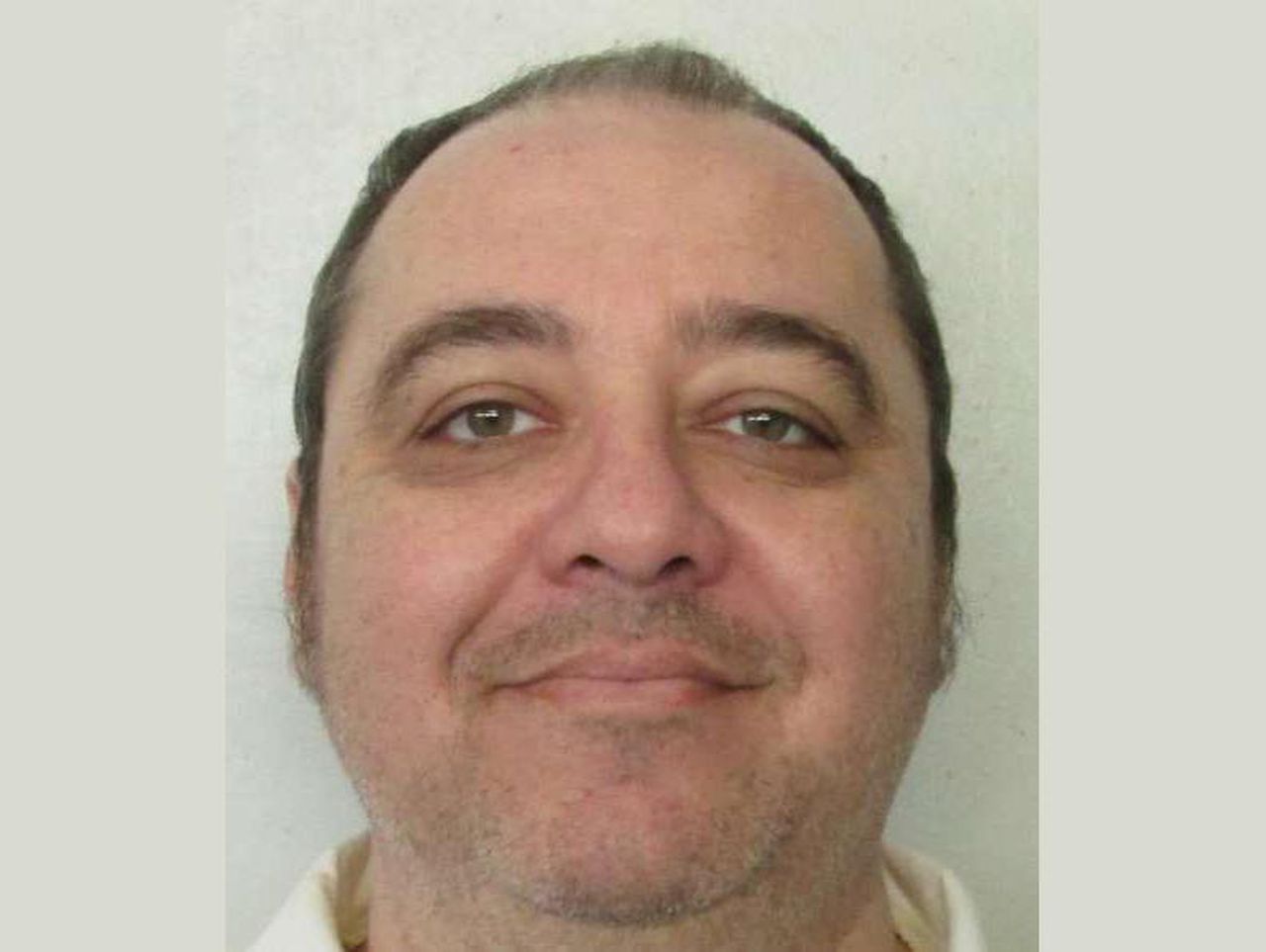AG asks for new execution date for inmate after botched lethal injection
Alabama Attorney General Steve Marshall filed a motion with the state’s highest court Friday seeking another execution date for a Death Row inmate whose botched execution by lethal injection nearly a year ago led to a pause on death sentences being carried out.
Alabama is ready to execute Kenneth Eugene Smith by nitrogen hypoxia, the state’s new but untested method of execution, Marshall said in Friday’s filing with the Alabama Supreme Court.
If the execution goes through, Alabama would be the first state to execute an inmate via nitrogen hypoxia, according to the Associated Press.
“Smith has exhausted his direct appeal, his state postconviction remedies, and his federal habeas remedies. Consequently … the ‘appropriate time’ for setting the date of Smith s execution has arrived,” Marshall said in the filing. “Moreover, the State is prepared to carry out Smith’s execution by means of nitrogen hypoxia. Consequently … the State respectfully moves this Honorable Court to ‘enter an order authorizing the Commissioner of the Department of Corrections to carry out [Smith’s] sentence of death within a time frame set by the Governor,’ so that final justice may be visited upon the murderer of Elizabeth Dorlene Sennett.”
Sennett was the wife of Charles Sennett, the pastor of the Westside Church of Christ in Sheffield. Elizabeth Sennett was fatally stabbed and beaten in 1988 after her husband hired two hitmen, including Smith.
“It is a travesty that Kenneth Smith has been able to avoid his death sentence for nearly 35 years after being convicted of the heinous murder-for-hire slaying of an innocent woman, Elizabeth Sennett,” Marshall said in a statement.
Smith was set to die in November 2022, but survived after workers at the Alabama Department of Corrections couldn’t start an intravenous line for the lethal injection drugs before the state’s execution warrant expired at midnight.
Read more: Death row inmate argues Alabama ‘will fare no better’ if second execution is attempted
The state’s failure to execute Smith in November 2022 was the third straight time the Alabama Department of Corrections execution team had problems accessing the veins of inmates during lethal injection. It followed the execution of Joe Natham James Jr. in July 2022, which took three hours, and the failed execution of Alan Eugene Miller in September, which was called off after about 90 minutes of trying to set up the IV.
After the failure to execute Smith, Gov. Kay Ivey called for a pause in executions for a “top to bottom” review of the procedure. That review ended in February, clearing the way for executions to resume.
The first Alabama Death Row inmate to be executed since the pause was James Barber, who was sentenced to die for the 2001 beating death of a 75-year-old Madison County woman.
Barber was executed last month via lethal injection at Holman Correctional Facility in Atmore.
After Smith’s botched execution, he filed a lawsuit seeking to die by nitrogen hypoxia after claiming in court filings he laid on a gurney and was poked with needles for four hours before the state called off the execution.
Read more: Alabama AG: ‘Pain related to difficulty’ from execution IVs not cruel, unusual punishment
In May, the U.S. Supreme Court agreed with Smith, ruling that the Death Row inmate could die by nitrogen hypoxia.
